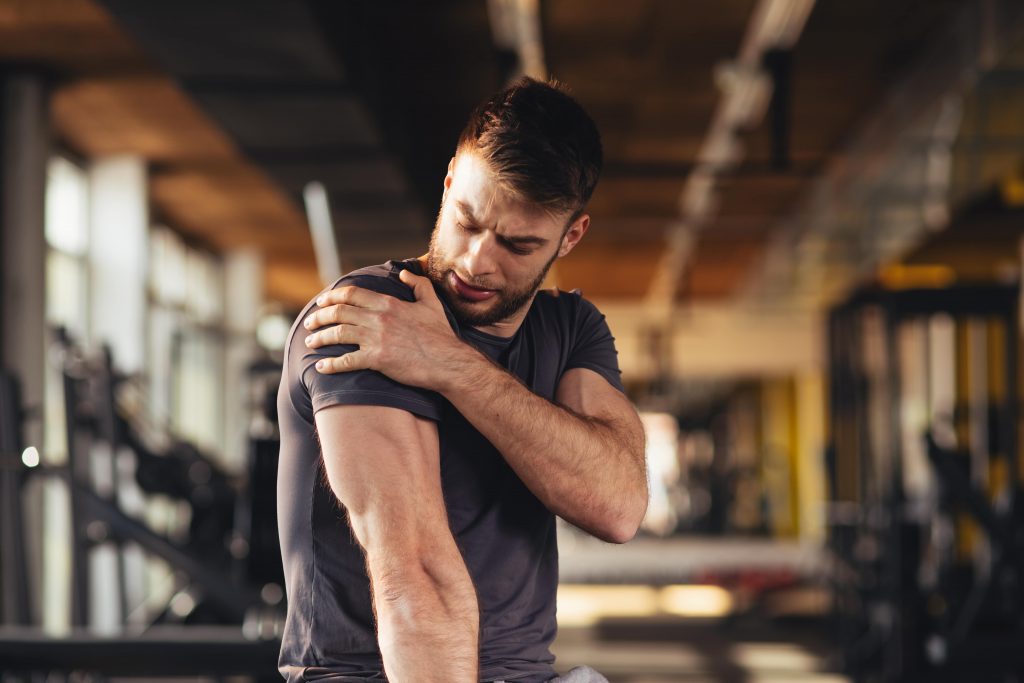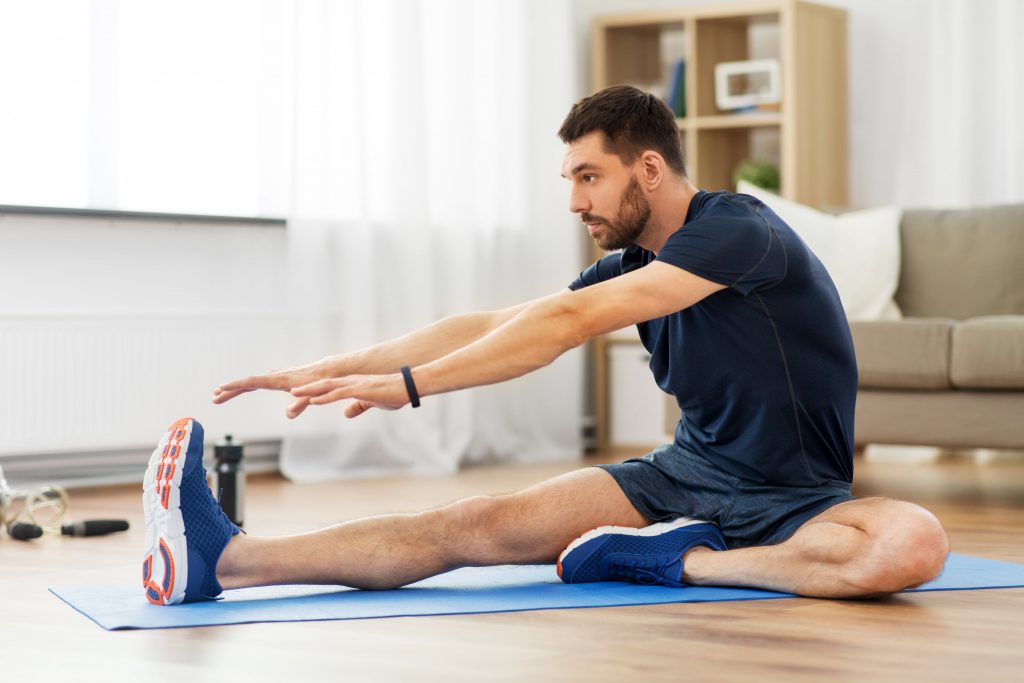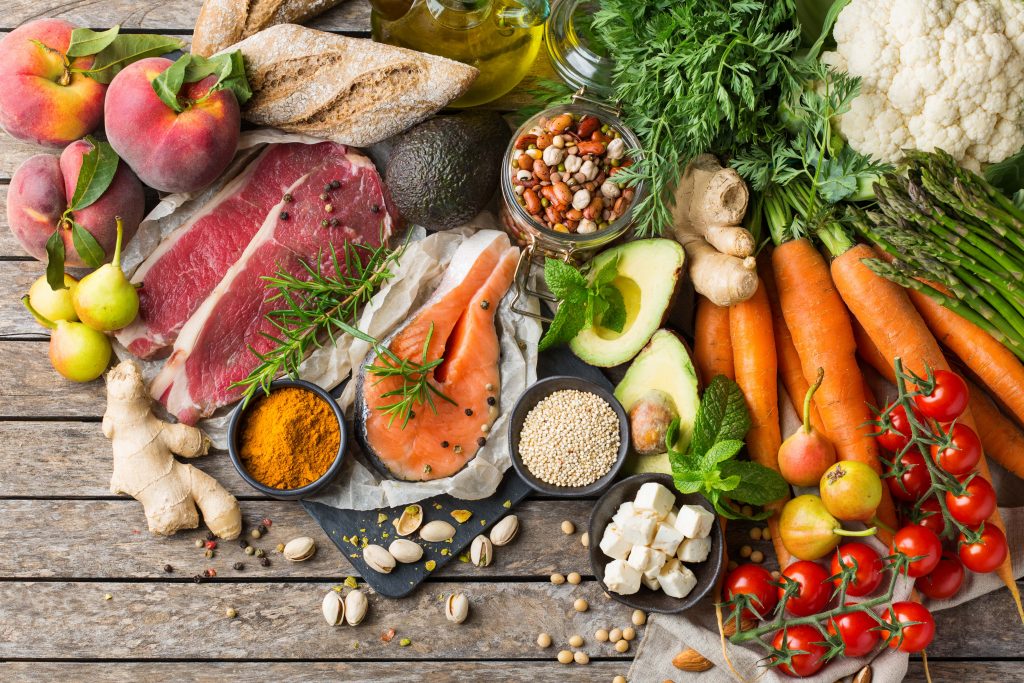Thanks to practical tips combining stretching, breathing, massage, rest and nutrition, you can limit muscular tension or get rid of it easily. During the recovery period, after a competition or simply on a daily basis, it is important to adopt good habits to get rid of aches and pains and reduce stress.
Tension, contraction and muscle stiffness, what causes them?

It is important to differentiate between muscular tension due to stress and tension linked to the recovery phase after physical effort, or to recuperation following an injury.
In the event of physical or emotional stress, tension is due to a signal sent by the brain, which gives the order to contract the muscles, even in the absence of movement. This phenomenon can be accentuated by pain or linked to carrying heavy loads, poor posture, etc. Lack of hydration can also be a cause.
Muscle stiffness usually resolves itself over time, but there is nothing to stop you from giving your body’s repair processes a boost!
Muscle stimulation: stretching and massage

When muscles are tight or contracted, some movements are difficult, even after rest. To restore comfort, you can massage the affected areas and do some exercise.
Relaxing massages for the muscles
After a sports session or before going to bed, massage the tense areas with vegetable oil, in which you can dilute a few drops of essential oil to calm the pain and promote relaxation:
- Strategic areas:
- The neck.
- The trapezius if you work sitting down or tend to pull your shoulders in.
- The sacrum, at the very bottom of the back.
- The calves and thighs.
- The soles of the feet.
- Under the ribs at the level of the diaphragm to release stress-related tension.
- Pain-relieving plant oils to use:
- Calophyllum inophyllum (tamanu) oil, which promotes blood circulation.
- Arnica oil macerate, which is recommended for sportsmen because of the anti-inflammatory properties of the thymol it contains.
- Andiroba vegetable oil, which contains triterpenoids that have an anti-inflammatory action.
- The special relaxation and recovery essential oil kit for athletes:
- Wintergreen essential oil, which is a painkiller and perfect for treating aches.
- Rosemary camphor or black pepper essential oil, for a warming effect.
- Peppermint essential oil, which is refreshing.
Heat activates blood circulation, and cold relieves pain.
Some creams are specially designed to reduce muscle stiffness that occurs after exercise. They promote lymphatic drainage and vascular comfort, helping the body to rid itself of toxins.
Stretch, breathe well and keep moving
Even during a period of rest, regular stretching can be beneficial. By lengthening the muscle fibres, stretching exercises help to combat muscle contraction and stimulate blood circulation. Start your day by stretching every morning!
Deep breathing is one of the best ways to relax the diaphragm, the large muscle responsible for a great deal of tension, especially if you suffer from anxiety. To combine gentle movement, meditation and breathing, take up yoga!
Nutrition, hydration and sleep

Diet, hydration and sleep also play a crucial role in recovery. If your muscle tension is stress-related, then again, the answer probably lies in your diet. Here are some ingredients to help you relax:
- Foods or mineral waters that are sources of magnesium, for example, mung beans or dark chocolate.
- Lean meat, fish, eggs or legumes for their high protein content, which helps rebuild muscle fibres.
- Good fatty acids, essential for a good emotional balance, are found in fatty fish (salmon, tuna, mackerel) and also in nuts and other oil seeds.
Also, remember to drink enough and to drink regularly during the day.
Prevention

Finally, if you know the cause of your muscle spasms and tension, you are better equipped to limit recurrences. Take the lead:
- Keep an eye on any bad posture you adopt in your daily life. Do you tend to clench your jaws, cross your legs or let your shoulders fall forward?
- Choose comfortable and ergonomic equipment: bed, office chair, shoes, etc.
- Be progressive in your effort and listen to your sensations.
- Take time for yourself.
